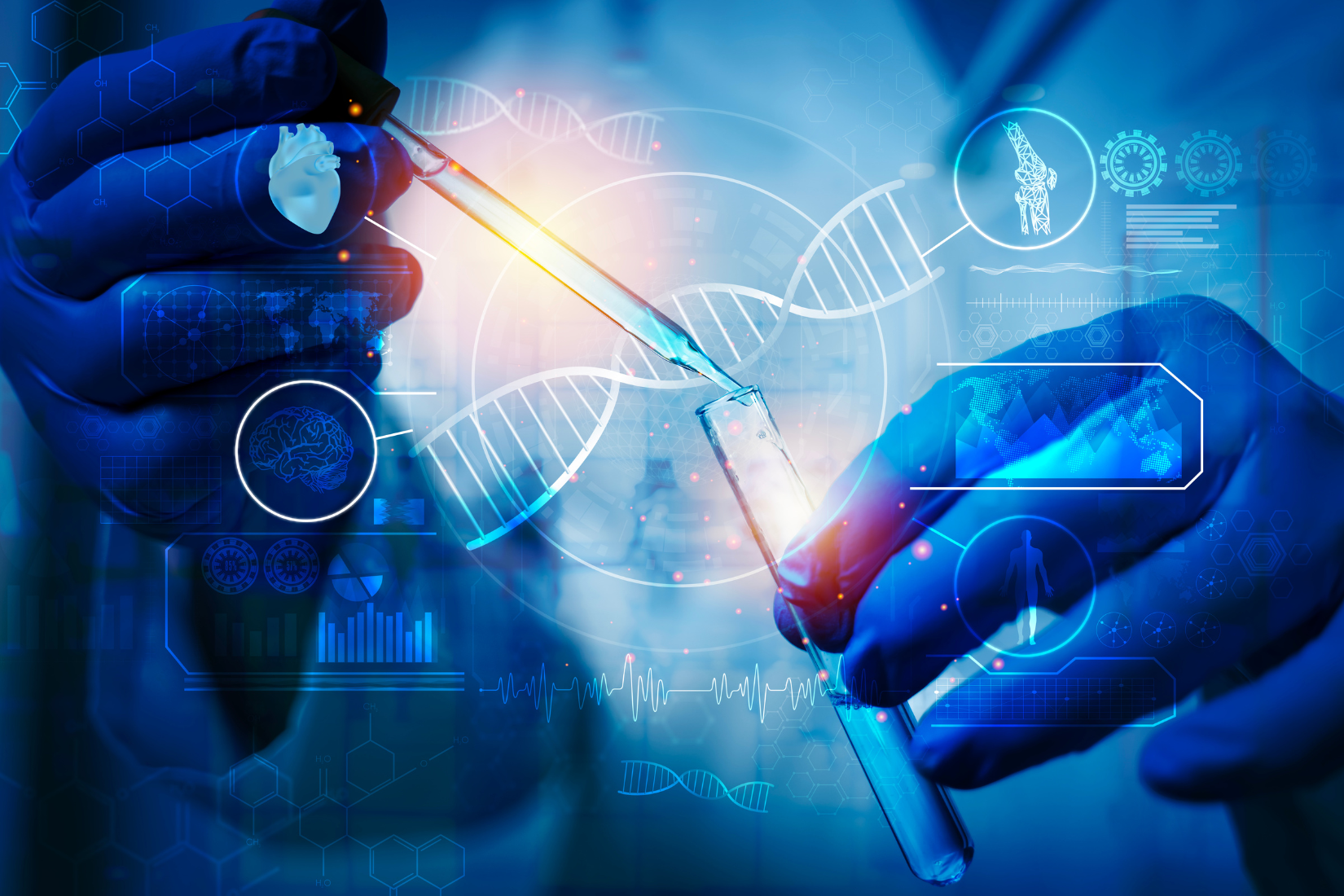Bunny Biotechnology and Smart Research
Rabbits are not only adorable animals but also important biological models in modern biotechnology. The integration of genomic sequencing, bioinformatics, and smart data analytics now allows researchers to understand the rabbit’s genetic structure, metabolism, and environmental adaptation in scientific detail.
These techniques support sustainable breeding, improve welfare conditions, and promote innovation in animal care technologies.
Genetic Profiling and Data Analysis
Modern biotechnology applies genetic profiling and molecular biology methods to decode the rabbit genome. By using bioinformatics analysis and genome sequencing, scientists can identify specific genes responsible for coat texture, immune defense, and growth traits. This process supports trait optimization and genetic diversity conservation through data-driven breeding programs.
Advanced biological data mapping and computational genetics now help compare different rabbit breeds at the DNA level, giving breeders and laboratories a precise view of biological variation. These applications show how molecular genetics and trait-based data modeling improve both scientific understanding and sustainable management of animal populations.

Nutritional Biotechnology and Digestive Metabolism
Rabbits offer a useful model for researching metabolism in the field of nutritional bioengineering. Experts in biotechnology examine the interactions between nutrients, enzymes, and dietary fibers in the digestive system using metabolic modeling and gut microbiome sequencing.
Scientists can create diets that are optimized to increase nutrient absorption and energy conversion efficiency by using dietary analytics and enzyme kinetics. Computational models that forecast the effects of particular compounds on the rabbit's metabolic pathways help these techniques. This data-driven method preserves gut health and function while promoting sustainable feeding practices.

Environmental Control and Sustainable Systems
Environmental biotechnology aids in the development of environmentally friendly rabbit habitats and intelligent enclosures. Temperature, humidity, and air quality data are continuously collected in real time by systems with smart sensors and Internet of Things monitoring. Applications of environmental biotechnology aimed at maximizing animal welfare and minimizing stress are supported by this information.
Caretakers can make dynamic adjustments to environmental parameters by using predictive data models and data visualization. Utilizing sustainable housing materials and biodegradable bedding demonstrates how data-driven environmental management can enhance both ecological impact and animal welfare, bringing biotechnology and eco-responsible design together.
Biotechnology Education and Ethical Awareness
Additionally, biotechnology promotes scientific innovation and ethical research through education. Applied biotechnology and bioethics programs promote openness in experimental design and responsible data use.
Students and pet owners are introduced to applied life sciences through digital learning platforms, which demonstrate how biotechnology data can be used to promote environmental awareness and animal welfare standards. These programs make biotechnology approachable and relevant for all rabbit enthusiasts by bridging the gap between scientific ideas and real-world applications.
Biotechnology transforms our understanding of rabbits by merging genomic science, data-driven innovation, and smart environmental systems. Through genetic profiling, IoT monitoring, and behavioral analytics, researchers can now study biology and welfare in ways that promote sustainability, accuracy, and compassion.
This multidisciplinary approach defines the future of smart animal care — a collaboration between data, biology, and technology that strengthens both scientific research and ethical awareness.
